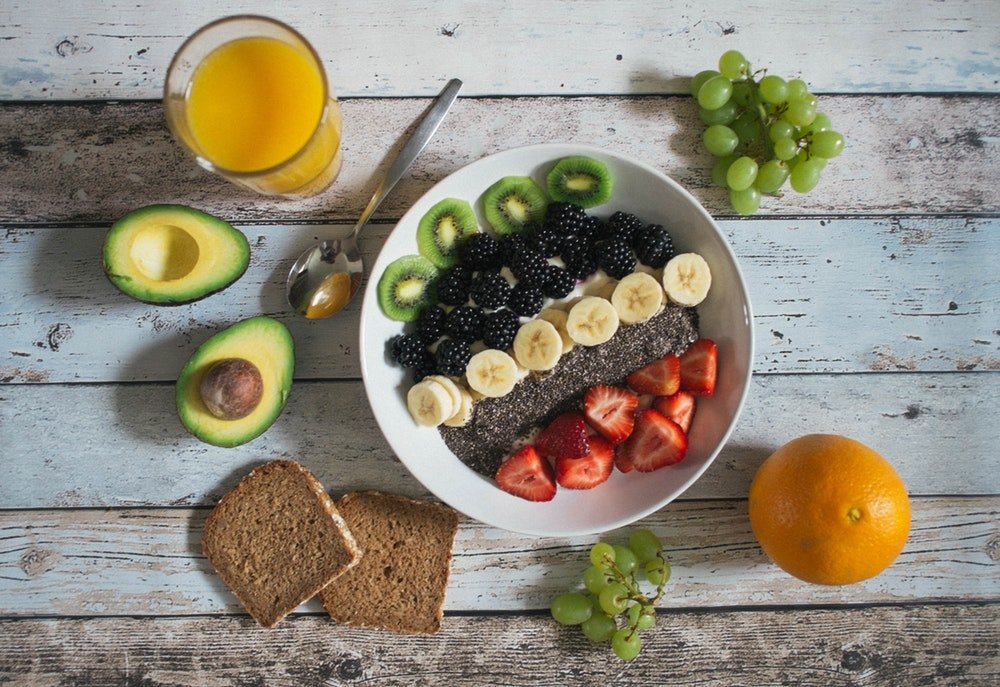
Fruits, vegetables, nuts, proteins, good fats, nutrient etc. are all we look for in search of a healthy life. However, some of us are so fixated on adapting to this ‘healthy lifestyle’ idea, that they develop eating disorders (i.e. orthorexia) under the illusion of eating healthy.
What is orthorexia?
Orthorexia is an obsession with eating only healthy food. Termed as a medical condition, it was for people who took ‘healthy eating’ way too seriously. The term was coined by Dr. Steven Bratman in 1997 who believes “People with orthorexia constantly struggle against feelings of being unclean or polluted by what they have eaten, no matter how carefully they monitor their diet”.
Healthy eating and orthorexia.
There is nothing wrong with healthy eating but it is definitely wrong to take it too far. Presumably, many of the fats are bad, but it does not imply that one should stop consuming them totally. Having only a fruit-based diet will merely cleanse your body rather than providing you with all the essential nutrients that come from other food. In addition, having excess fiber summons bloating, gas and abdominal cramps.
Orthorexia, in the initial phases, start out with the motive to eat healthy and track the calories and carbs. But gradually, it loses the purpose of ‘healthy eating’ and shapes itself into an ‘eating disorder’.
(Orthorexia should not be confused with anorexia (loss of appetite). However, in some case orthorexia may lead to anorexia.)
What are some of the symptoms?
When healthy eating becomes a rule book for life with more and more pages enlisting ‘bad food habits’.
Overlapping new diets on the already existing diet.
Criticizing people for unhealthy eating.
Spending more than usual time thinking about what to eat and what not to.
Mood swings and anxiety.
Obsessive concern about the avoidance of most of the food without any medical advice.
Why does orthorexia happen?
Orthorexia does not occur when a person tries out a new diet, however extreme it might be. It begins when we self-diagnose ourselves by making hypothesis about the diet and obsess over all the information. The internet is a vast sea comprising itself of a plethora of options for anyone to start a diet regime. But we forget to consider the fact that how our body can assimilate those nutrients and how the chemistry between food, mind, body, and tolerance level differs from person to person.
How to eat healthy but not too healthy?
When we talk about food, we also associate the taste and the pleasure we get from it. The bottom line is that a balanced diet gives our body what it really needs, and can help us to stay healthy without worrying about what and what not to eat.
